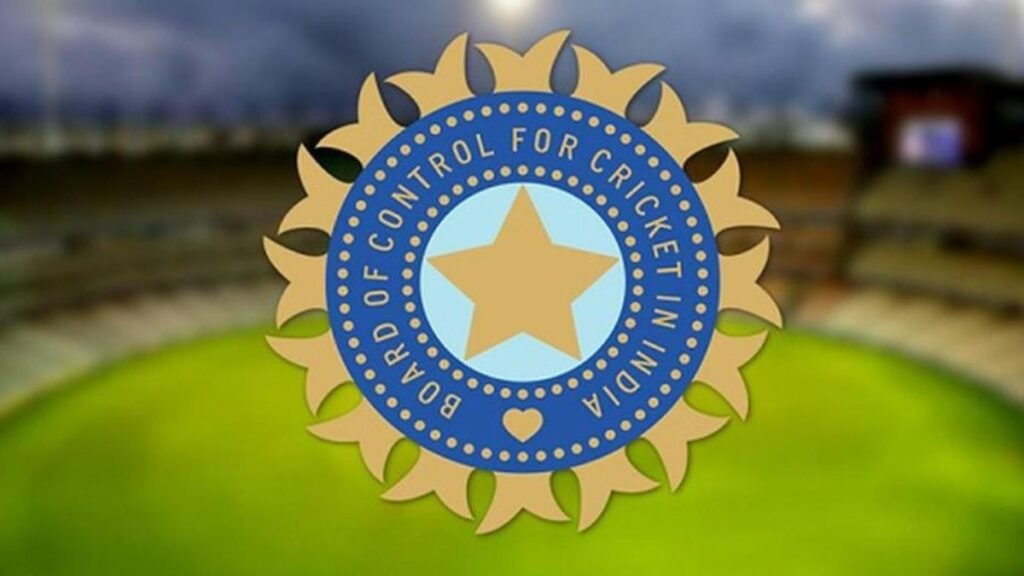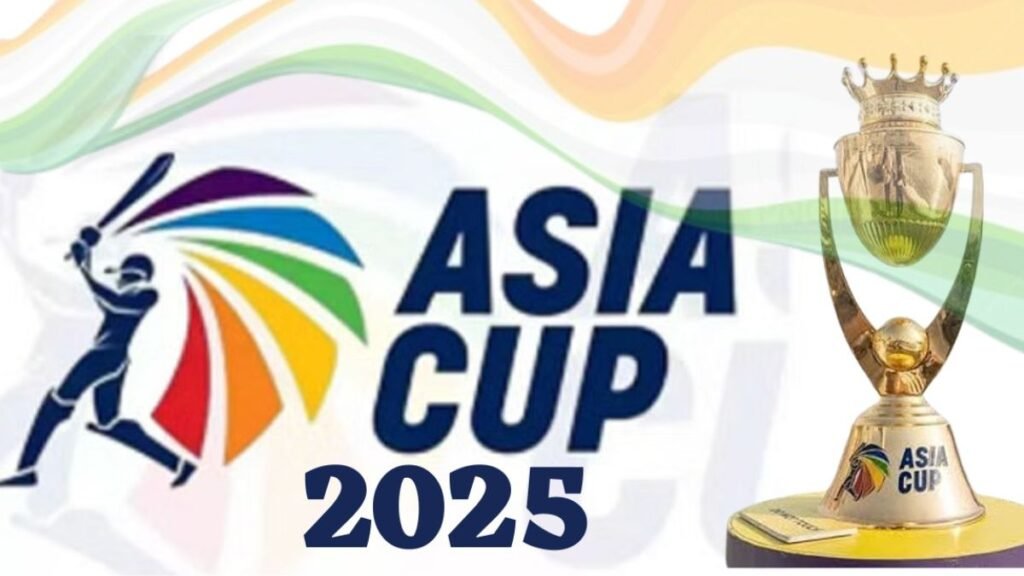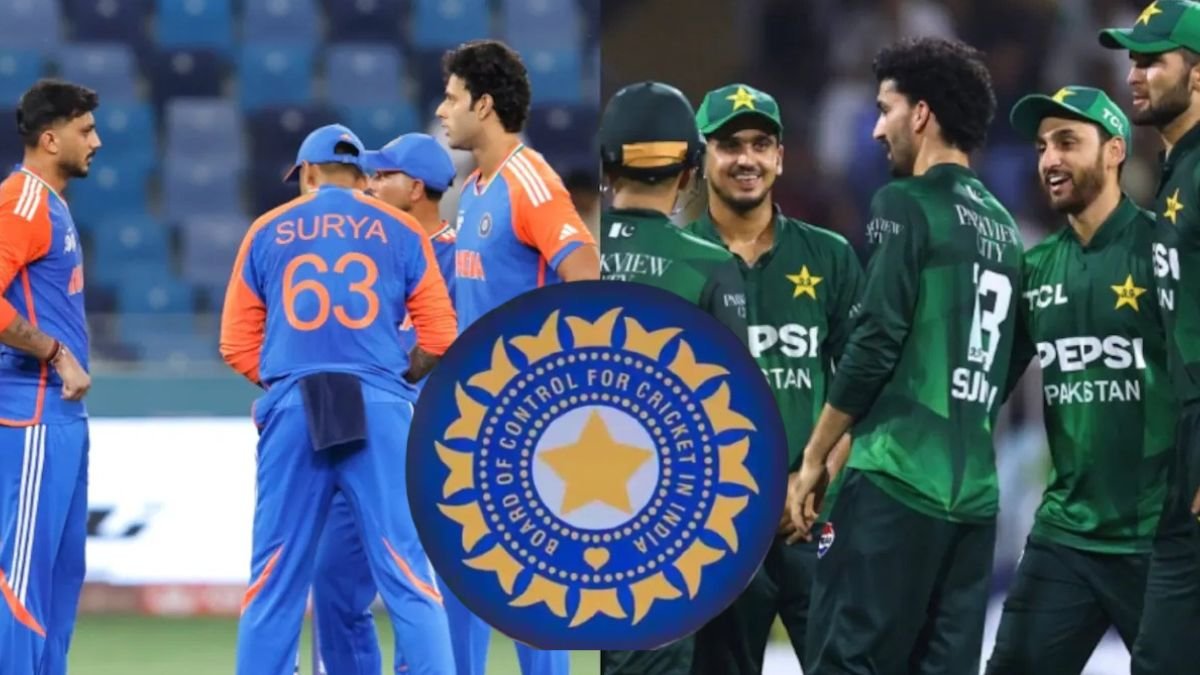As the cricketing world eagerly anticipates another high-voltage India-Pakistan showdown, the BCCI has quietly stirred controversy with its decision to step back from official involvement. The much-anticipated Asia Cup 2025 fixture, scheduled for Sunday at the Dubai International Cricket Stadium, will proceed as planned, but the BCCI’s deliberate absence has sparked discussions across cricketing and political circles alike.
What Is the BCCI’s ‘Invisible Boycott’?
The BCCI’s so-called “invisible boycott” refers to the board’s decision not to send any senior officials to Dubai for the India-Pakistan clash. According to reports, not a single top office-bearer from the BCCI has travelled to the venue, even though India is officially the host of this year’s tournament.

This move is viewed as a measured response to political tensions between India and Pakistan, compounded by public sentiment. In recent weeks, various fan groups across India have urged the BCCI to avoid lending symbolic support to the match. As a result, the BCCI has refrained from sending its representatives, signaling a silent protest without disrupting the tournament itself.
While veteran administrator Rajeev Shukla may attend in his capacity as an Asian Cricket Council (ACC) representative, sources indicate that neither BCCI Secretary Devajit Saikia nor ICC Chairman Jay Shah plans to be present at the stadium.
Also Read – Phil Salt Creates History With Fastest T20I Century for England
Historical Context: A Shift From Past Practices
Earlier this year, the same venue hosted an India-Pakistan clash during the Champions Trophy. Back then, the BCCI was fully represented, with a large contingent of dignitaries and state association heads attending the game. The atmosphere was vibrant, reflecting the longstanding cricketing rivalry between the two nations.
In contrast, the current BCCI strategy marks a stark departure from past practice. By remaining absent, the BCCI underscores the influence of political tensions on cricket and acknowledges the strong public sentiment calling for a boycott. The board’s decision has drawn widespread attention, making Sunday’s match one of the most politically charged encounters in recent memory.
Political Undertones and Fan Sentiment
The India-Pakistan cricket rivalry has historically mirrored diplomatic relations, with political tensions often spilling onto the field. This year, the BCCI’s invisible boycott amplifies this effect, sending a clear signal that the political climate cannot be ignored.

Fan engagement has shifted noticeably in response to the BCCI’s stance. Many online campaigns have urged supporters to avoid attending the match or tuning in to broadcasts, reflecting growing public pressure on the board. Ticket sales have been slower than usual, a stark contrast to previous India-Pakistan fixtures where stadiums were packed and the atmosphere electric.
Impact on the Asia Cup 2025
Despite the BCCI’s silent protest, the India-Pakistan match will proceed as scheduled at the Dubai International Cricket Stadium. On the field, India enters as overwhelming favourites. A strong and versatile squad positions the Men in Blue for potential victory, while Pakistan faces the challenge of curbing their rivals’ momentum.

Yet, the most significant narrative surrounding the match may unfold off the pitch. The BCCI’s decision to withhold official presence has transformed what is traditionally cricket’s “biggest show” into a politically charged spectacle. Analysts suggest that this fixture could be remembered more for its diplomatic undertones than the sporting action itself.
BCCI’s Role in Shaping Cricket Diplomacy
Over the years, the BCCI has played a pivotal role in managing the delicate balance between cricket and diplomacy. The India-Pakistan rivalry has always transcended sport, and the board’s actions reflect an acute awareness of the broader implications.
By abstaining from official representation, the BCCI demonstrates its responsiveness to public opinion while maintaining the tournament’s integrity. This careful navigation allows the BCCI to avoid escalating tensions, even as political considerations dominate headlines.
Reactions From Officials and Experts
Cricket administrators and experts have weighed in on the BCCI’s decision. Many acknowledge the board’s choice as a pragmatic approach that respects public sentiment without jeopardizing the tournament.
Veteran commentators note that the BCCI’s invisible boycott could set a precedent for how cricket boards handle matches involving countries with strained diplomatic relations. By taking a measured stance, the BCCI signals the importance of balancing sport, politics, and public perception in high-profile international fixtures.
Taazanow.com- Click Here

